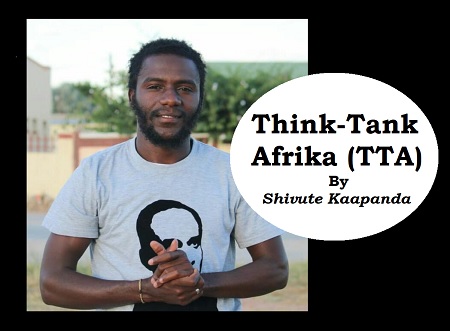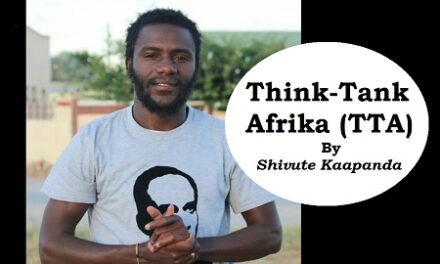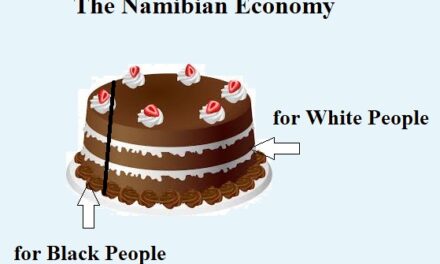
The revolution of the oppressed people
By Shivute Kaapanda [Think Tank Africa]
At one moment in the history of Namibia during the reign of warrior King Mandume ya Ndemufayo of Oukwanyama kingdom the Aawambo tribe particularly Aakwanyama were once reminded by their king to take up arms and confront the enemy by all means necessary.
And the fire for armed struggle was lit by King Mandume’s philosophy: “Efyo nOupika ashishe shimwe,” loosely translated as “death and slavery are one and the same”.
Mandume’s philosophy meant that the oppressed tribes should never be content with oppression, or Africans of Aakwanyama tribe should take up arms against the colonial regime for it would not help being alive while in slavery; in order to liberate those to come, men must die.
In the modern day, this philosophy has to be embraced in a new context of “the intellectual rebellion of the mentally oppressed Africans” particularly the poor and the rich black.
To resuscitate King Mandume’s philosophy in today’s terms it would mean the waging of intellectual war against those whose knowledge systems have swallowed up, destroyed and diluted African knowledge systems and philosophies.
Why do African knowledge systems such as medicinal and herbal healings, chemistry, farming, linguistics etc., not fashionable in modern today? Why do we have something else instead of making our own philosophies fashionable?
I am inclined to think that Africans in general need to produce our own intellectual army so as to win the rebellion against foreign philosophies of commerce, religion and cultures.
For a colonized contemporary African a university is a building of some kind of architecture with books, chairs and an air-conditioned classroom; and, well, that is modernity for them, for it has not occurred to their cerebrum that a university is any place where one can sit quietly to study anything and everything that there is to be studied at a high level of knowledge and rational intensity.
The household gathering places such as “oshoto/olupale/oshinyanga” served as universities where people gathered and shared knowledge on African concepts of traditional philosophies which now have lost fashion today due to new caged ways of knowledge sharing which is dominated by foreign linguistics and philosophies.
We do not have a choice in the equation of having African curriculums; it’s the reason many students perform very poorly at universities and even those who are passing with distinction rarely bring about radical societal change in their communities apart from buying expensive alcohol and clothes.
This situation is not different from the situation in the day when King Mandume called for an uprising against the oppression by foreign powers, foreign forces, foreign cultures and foreign influences.
* Kaapanda Shivute shaNandjila, a philosophical writer, Eyanda village






